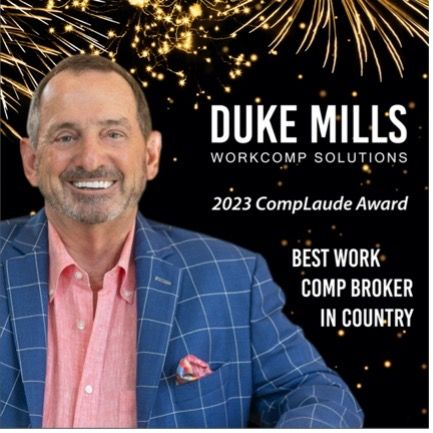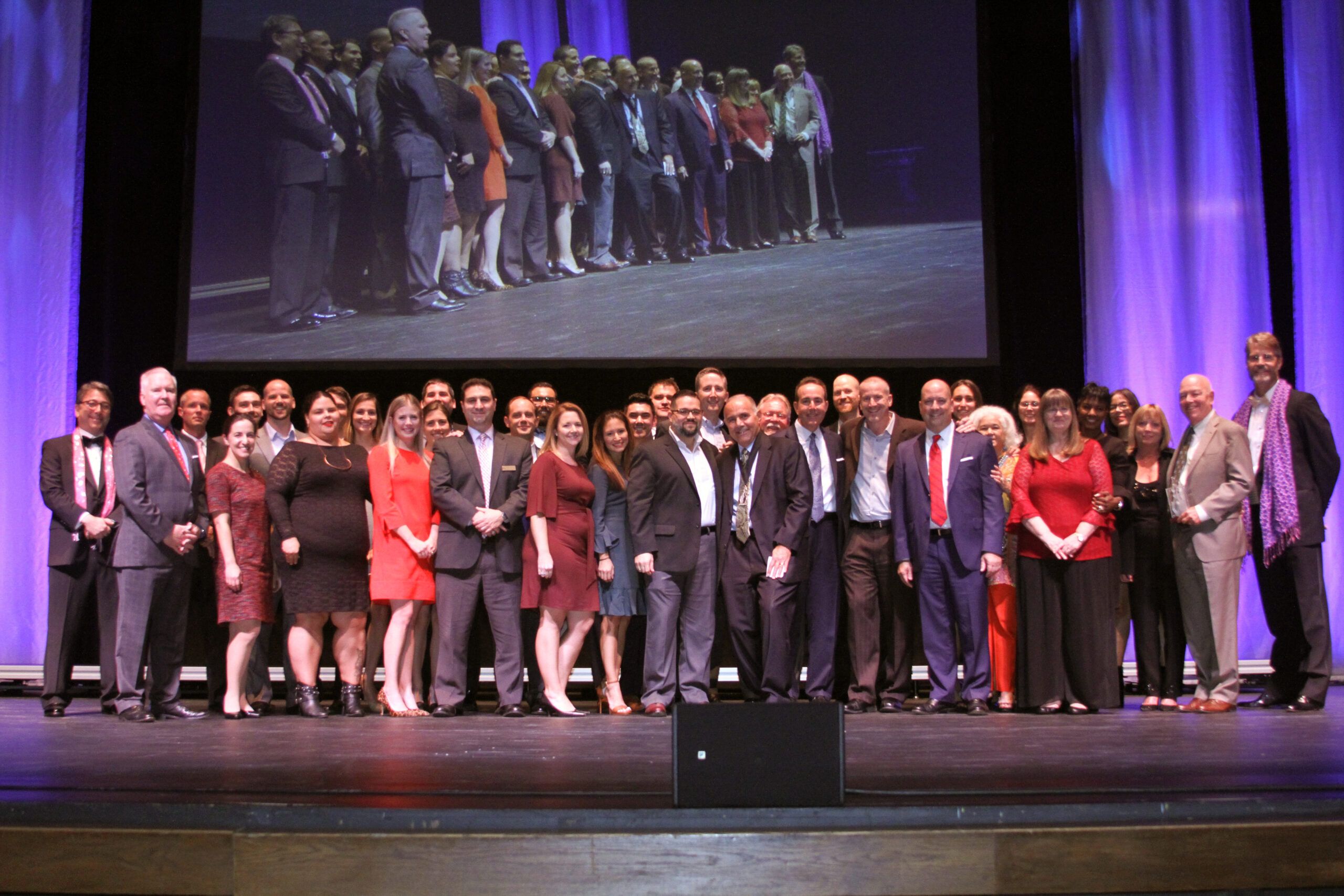Blockchain technology might seem like a mystery at best. But as the foundation of cryptocurrency, an intriguing but unpredictable form of digital money, the financial sector must prepare for its inevitable arrival.
In a cryptocurrency marketplace, a digital coin is given a unique identifying code. Each owner of the coin also has an identification number that attaches itself to the end of the coin’s unique identifier upon acceptance.
This creates a string of code known as a blockchain. The chain of ownership becomes forever indexed in the blockchain and the result is a distributed ledger system that offers transparency in a peer-to-peer marketplace. The marketplace is a platform for users to exchange coins that have value that fluctuates based on supply and demand.
For financial executives, a number of challenges must be addressed before cryptocurrency can be embraced. These include offsetting decentralization and monetary instability in a wildly fluctuating market.
Another concern is a pervasive lack of trust in cryptocurrency as a valid form of money. This can cause compliance issues in direct violation of the fiduciary duties that financial institutions must uphold.
Among top concerns is security. Jason Pfeiffer, a cybersecurity expert in Tampa, said: “Cryptocurrency will continue to see further adoption in the marketplace, but many people are uneducated on some of the vulnerabilities of this type of currency and how easily it can be hacked.”
Despite these challenges, larger associations have begun to ask important questions about cryptocurrency that might affect how companies do business.
In May, the American Institute of Certified Professional Accountants’ tax executive committee submitted a letter to the Internal Revenue Service requesting an update to the IRS’s outdated notice on digital currency. The current notice, published in 2014, doesn’t address such items as how to properly calculate cryptocurrency gains and losses, or how to valuate charitable donations made in digital currency.
The committee brought up 12 points upon which the IRS should offer guidance if accountants are to understand how to best serve clients establishing digital assets through blockchain technology.
Mike Hendricks, a certified public accountant and managing partner at Frazier & Deeter in Tampa, says the IRS has offered no guidance about how accounting firms should handle tax clients with cryptocurrency since its original notice in 2014.
Hendricks says Tampa Bay area accounting firms likely will wait for the so-called Big Four firms to test the waters and improve their services before making any significant investments in new technology.
While CPAs have the advantage of learning from the Big Four, it seems many financial executives might still be trying to understand the cryptocurrency concept, as a whole.
For the time being, there’s no hurry. Because this form of money is highly volatile, it’s widely believed we won’t see it take over traditional systems of currency any time soon.
As blockchain becomes more prominent in business use, financial institutions might find it relevant to explore the benefits of blockchain as a distributed ledger, even if they aren’t interested in transacting in cryptocurrency or backing digital currency marketplaces, according to a 2017 report published by the Office of the Director of National Intelligence. ♦
Cryptocurrency: A collection of peer-to-peer digital coins that operate as a currency with a value that fluctuates based on supply and demand.
Distributed ledger: A database of transaction information in which users give consent to have their data distributed among other platform users to create redundancy, transparency, accountability and fidelity of data. Blockchain is a disruptive form of distributed ledger technology.
Blockchain: A distributed ledger recording an asset that can be passed or shared between two or more individuals. Today, most often the asset it represents is a unit of cryptocurrency, but blockchain can be used to record contracts, deeds and other assets digitally.















